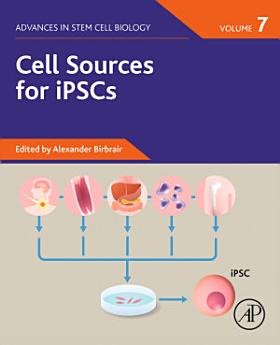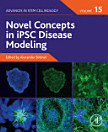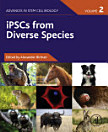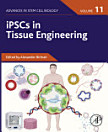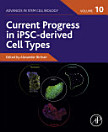Cell Sources for iPSCs
About this ebook
About the author
Dr. Alexander Birbrair received his bachelor’s biomedical degree from Santa Cruz State University in Brazil. He completed his PhD in Neuroscience, in the field of stem cell biology, at the Wake Forest School of Medicine under the mentorship of Osvaldo Delbono. Then, he joined as a postdoc in stem cell biology at Paul Frenette’s laboratory at Albert Einstein School of Medicine in New York. In 2016, he was appointed faculty at Federal University of Minas Gerais in Brazil, where he started his own lab. His laboratory is interested in understanding how the cellular components of different tissues function and control disease progression. His group explores the roles of specific cell populations in the tissue microenvironment by using state-of-the-art techniques. His research is funded by the Serrapilheira Institute, CNPq, CAPES, and FAPEMIG. In 2018, Alexander was elected affiliate member of the Brazilian Academy of Sciences (ABC), and, in 2019, he was elected member of the Global Young Academy (GYA), and in 2021, he was elected affiliate member of The World Academy of Sciences (TWAS). He is the Founding Editor and Editor-in-Chief of Current Tissue Microenvironment Reports, and Associate Editor of Molecular Biotechnology. Alexander also serves in the editorial board of several other international journals: Stem Cell Reviews and Reports, Stem Cell Research, Stem Cells and Development, and Histology and Histopathology.
